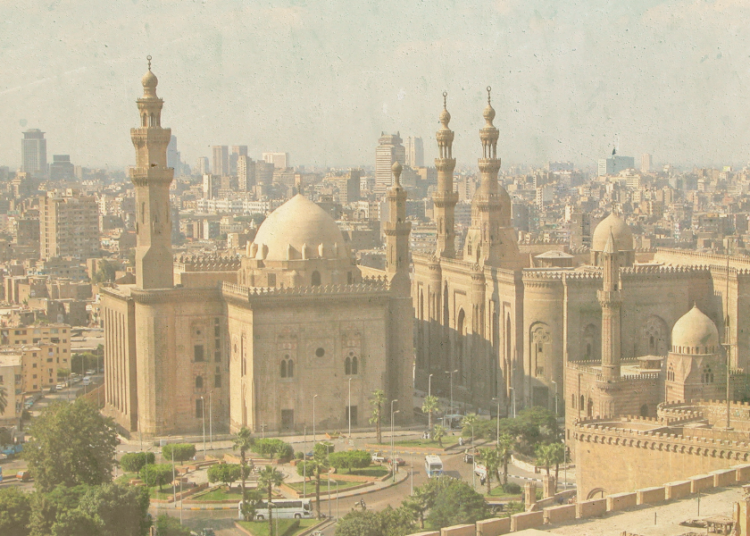This post is also available in: Français (French) العربية (Arabic)
Photo: Creative Commons
The largest displacement Lebanon has witnessed
One million displaced people are out in the open in the aftermath of what may be the largest displacement the country has ever witnessed, as stated by caretaker Prime Minister Najib Mikati. The irony is that a large number of these displaced people are still currently on the street, under bridges, in Martyrs’ Square downtown, on the beach of Ain el-Mreisseh, of Saida, and in other areas. They’ve gathered with their belongings and mattresses, waiting for relief, unable to rent apartments or find space in the limited number of shelters.
“We’ve become internally displaced in our own country,” one woman says, clinging to her mattress under the Cola bridge in Beirut. “I left my home in Dahye after a nearby area was threatened. I still haven’t found shelter. The rents are beyond my means, and shelters are overcrowded,” she adds. “We’ve been relying on some charitable people who are bringing us meals.”
“Washing up is difficult. I have three children. What can we do? I’m starting to worry about lice and skin diseases,” says another displaced woman staying in a shelter in a suburb of Beirut, where we met with her. This was corroborated by some aid workers. The situation is dire, and lice is already spreading in some centers due to the lack of hygiene and bathing supplies and severe overcrowding.
According to UNICEF estimates, more than 300,000 children have been displaced from their homes, and displaced families lack access to adequate water, food, blankets, medical supplies, and other essentials. “These children are now living in a nightmare, struggling with fear, anxiety, destruction, and death, with all the resulting psychological trauma that may accompany them for the rest of their lives,” says UNICEF.
Not enough safe places
According to official figures, there are 778 shelters which so far are housing only 118,000 people—a small number compared to the scale of displacement that Lebanon has been witnessing for days now.
The areas of Lebanon that have not been hit by Israeli bombing so far and which are considered somewhat safe (Bhamdoun, Aley, Tripoli, Zgharta…) are teeming with people fleeing the raids and threats. Life has almost completely stopped in the South, the Beqaa, and the southern suburbs, where the bombing is taking place. Schools are on pause, the roads are almost empty, and the residents who’ve remained are trying to hide in places far from the raids that have killed about 1,500 people so far, according to the Lebanese Ministry of Health.
With the massive wave of displacement, and given the absence of the state and its institutions and its neglect of people’s needs and difficult circumstances, people are currently relying on humanitarian solidarity initiatives and campaigns launched by activists, volunteers, restaurant owners, and institutions to try to alleviate the suffering as much as possible by providing meals and basic needs for the displaced. Other campaigns ae working to provide shelter for those still on the streets. According to a special source from the Lebanese Ministry of Health, conditions inside the shelters are getting worse as the number of people increases in the face of limited and insufficient aid. This is compounded by the presence of women and children. The shelters lack basic facilities such as showers, mattresses, medication, hygiene supplies, and other essentials.
Women face double difficulties
In addition to the internal displacement, Syrians and Lebanese have also fled to Syria. The Syrian newspaper Al-Watan reported that 186,000 Lebanese and Syrians have fled to Syria due to the bombing and fear of danger—be that related to an Israeli ground invasion or Israeli airstrikes targeting new areas and public facilities and infrastructure like bridges and roads, as was the case in the July War*.
UNICEF Representative in Lebanon Edouard Beigbeder stated that the results of the escalation of hostilities in Lebanon is “a catastrophe for all children. The fear in their hearts is unimaginable. They are now surrounded by violence and uncertainty.”
And the most vulnerable groups suffer doubly. Most shelters have refused to receive Syrian refugees and their families, and foreign workers as well. According to the International Organization for Migration (IOM), there are more than 160,000 foreign workers living in Lebanon, 65% of whom are women. But this figure may actually be higher, as many reside in Lebanon illegally.
It is worth noting that female foreign workers are facing more difficulty, as some were forced to flee on their own after their employers left them alone at home. And some shelters refused to receive them, claiming that the shelters are only for the Lebanese, forcing these women to sleep on the street, out in the open, because they have nowhere else to go.































